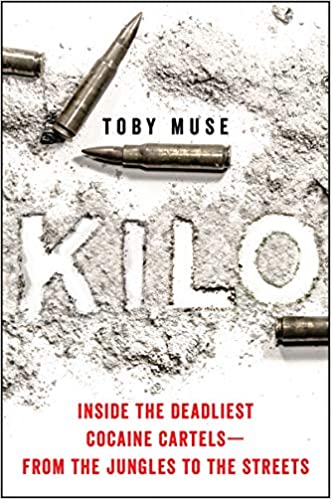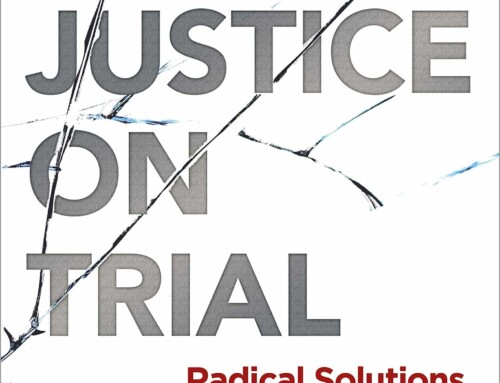
In this blog post Anyone’s Child Activist and Masters Student Hannah Manwell reviews Kilo by Toby Muse.
‘The drug war doesn’t move backward or forward; it simply turns in circles.’
Caught in a moment that has the potential to be historic, Kilo opens with the prospect of peace between the Revolutionary Armed Forces of Colombia (FARC) and the Colombian state. With the (failed) war on drugs, history is repeating itself over and over again in a self-perpetuating cycle driven by supply and demand. Toby Muse takes his readers deep into the Colombian jungles, following a kilo of cocaine from its infancy as coca to its access routes with the rest of the world.
Glamour, sex and wealth; violence, war and death. Colombia is paying the price.
There is no peace in the Colombia Muse portrays. Cocaine infiltrates the cities, bringing allurement in its arrival and imposing anguish in its wake. Police attempt to stop the flow of drugs in the airports and on the coastline, but they are fighting a battle they have already lost. In fact, the police themselves acknowledge that ‘the only solution is legalisation’. For every glimmer of hope or prosperity, there is corruption and brutality that exposes the mirage. Similarly, for every coca plant that is removed by the government, more is replanted. Why? Because there is no support for these impoverished farmers to pursue any other option; there is no legal alternative that promises such revenue. Yet ironically, ‘it’s the prohibition itself that makes a brick of drugs worth tens of thousands of dollars’.
It would be easy to simply highlight issues that seem distant and removed, however Muse confronts his readers by expressing these difficulties with international accountability. While cocaine is born in Colombian society it is fuelled by the world’s demand, it is the product of a failed war on drugs. In a provocative proclamation, Muse asserts that ‘drug traffickers and those pushing the war on drugs unite in their desire to keep cocaine illegal’. And in doing so, these two supposed enemies are reaching the same result; conflict and ‘misery for those caught in the crossfire’. This is elucidated in the account of Anyone’s Child advocate Luz, who grew up in El Placer and was forced to move to Bogotá as a result of the FARC’s violence.
‘We keep doing the same and hoping for a different outcome’; the cycle needs to be broken. Kilo is a book worthy of reading because it candidly recognises the complexities of change, yet simultaneously emphasises the importance of this. The war on drugs cannot prevail. If it does, it will only continue to cause the rivalry, strife and despondency that Muse so palpably narrates.
Read Luz’s story here.


Leave A Comment